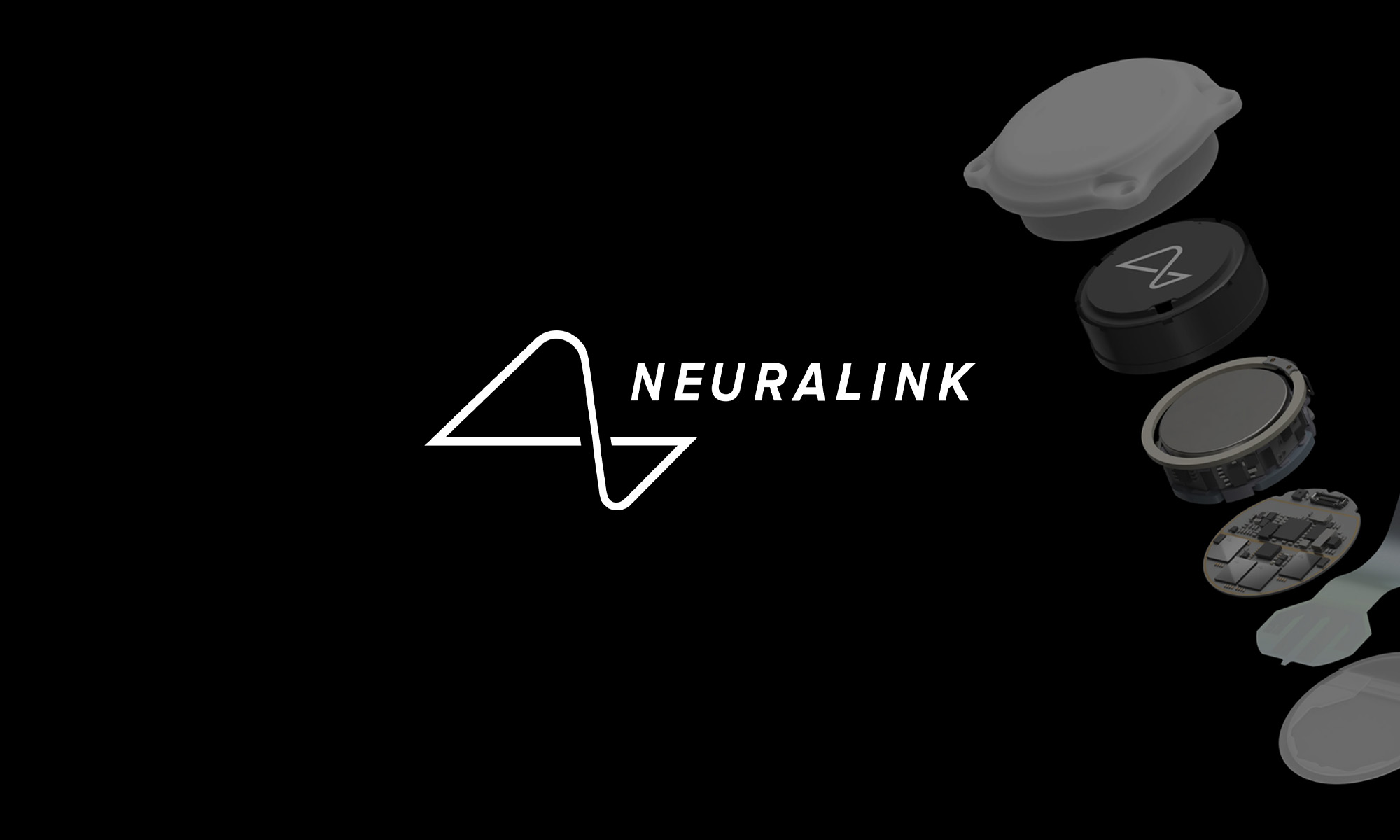News
Elon Musk Announces First Human Neuralink Implant
Although details are scarce, the Neuralink co-founder says initial results look promising.

In a recent announcement on social media platform X, entrepreneur Elon Musk revealed a significant development in the field of brain-computer interfaces (BCIs). Musk disclosed that Neuralink, a company he founded, has successfully administered a brain implant to its first human patient.
The achievement follows a series of delays, as Neuralink commenced patient recruitment for a clinical trial in the autumn, subsequent to securing approvals from both the US Food and Drug Administration (FDA) and a hospital ethics board.
The primary objective of Neuralink’s research involves the creation of a brain-computer interface, a groundbreaking device intended to establish a connection between the human brain and computer technology.
While Musk’s vision is a symbiotic relationship between humanity and artificial intelligence, the initial phase focuses on a more modest goal: To empower individuals with paralysis, particularly those suffering from quadriplegia due to cervical spinal cord injury or amyotrophic lateral sclerosis (ALS), to regain control over a cursor or keyboard using their brain signals.
Eligible participants for the study must be at least 22 years old, and Neuralink expects its research to span a six-year duration.
Neuralink will employ a specialized surgical robot to precisely implant the device into the region of the brain responsible for controlling movement intention. This coin-sized implant is designed to capture and transmit neural signals wirelessly to an accompanying app, which can then decode them. The device uses 1,000 electrodes distributed across 64 threads, each finer than a human hair.
Also Read: Robot UAVs Set To Revolutionize Abu Dhabi Maritime Patrols
Elon Musk’s recent post highlighted that the patient was in a state of recovery and indicated promising results in the detection of neuron spikes. However, it may take several months to assess whether the patient can effectively utilize the implant to control computers or other devices.
While the specifics of the Neuralink surgical procedure are presently limited to Musk’s single tweet, the development represents a significant milestone in the evolution of brain-computer interfaces, even if it falls short of the ambitious goal of merging humans with AI.
News
Rabbit Expands Hyperlocal Delivery Service In Saudi Arabia
The e-commerce startup is aiming to tap into the Kingdom’s underdeveloped e-grocery sector with a tech-first, locally rooted strategy.

Rabbit, an Egyptian-born hyperlocal e-commerce startup, is expanding into the Saudi Arabian market, setting its sights on delivering 20 million items across major cities by 2026.
The company, founded in 2021, is already operational in the Kingdom, with its regional headquarters now open in Riyadh and an established network of strategically located fulfillment centers — commonly known as “dark stores” — across the capital.
The timing is strategic: Saudi Arabia’s online grocery transactions currently sit at 1.3%, notably behind the UAE (5.3%) and the United States (4.8%). With the Kingdom’s food and grocery market estimated at $60 billion, even a modest increase in online adoption could create a multi-billion-dollar opportunity.
Rabbit also sees a clear alignment between its business goals and Saudi Arabia’s Vision 2030, which aims to boost retail sector innovation, support small and medium-sized enterprises, attract foreign investment, and develop a robust digital economy.
The company’s e-commerce model is based on speed and efficiency. Delivery of anything from groceries and snacks to cosmetics and household staples is promised in 20 minutes or less, facilitated by a tightly optimized logistics system — a crucial component in a sector where profit margins and delivery expectations are razor-thin.
Despite the challenges, Rabbit has already found its stride in Egypt. In just over three years, the app has been used by 1.4 million customers to deliver more than 40 million items. Revenue has surged, growing more than eightfold in the past two years alone.
Also Read: Top E-Commerce Websites In The Middle East In 2025
CEO and Co-Founder Ahmad Yousry commented: “We are delighted to announce Rabbit’s expansion into the Kingdom. We pride ourselves on being a hyperlocal company, bringing our bleeding-edge tech and experience to transform the grocery shopping experience for Saudi households, and delivering the best products – especially local favorites, in just 20 minutes”.
The company’s growth strategy avoids the pitfalls of over-reliance on aggressive discounting. Instead, Rabbit leans on operational efficiency, customer retention, and smart scaling. The approach is paying off, having already attracted major investment from the likes of Lorax Capital Partners, Global Ventures, Raed Ventures, and Beltone Venture Capital, alongside earlier investors such as Global Founders Capital, Goodwater Capital, and Hub71.
























